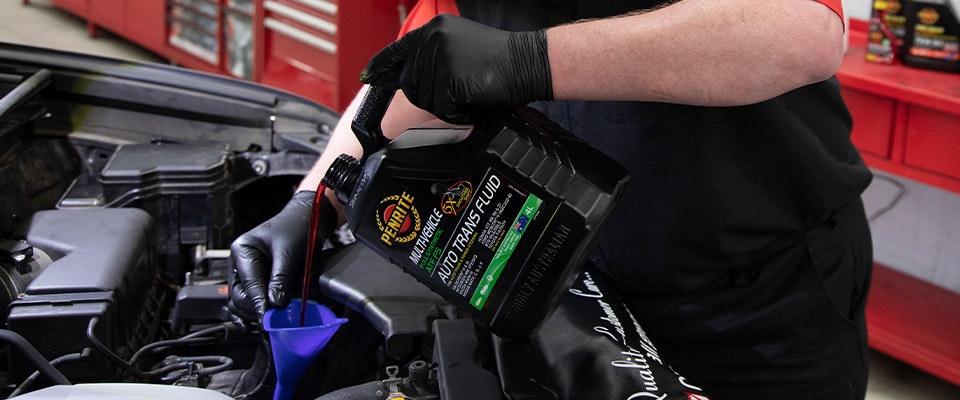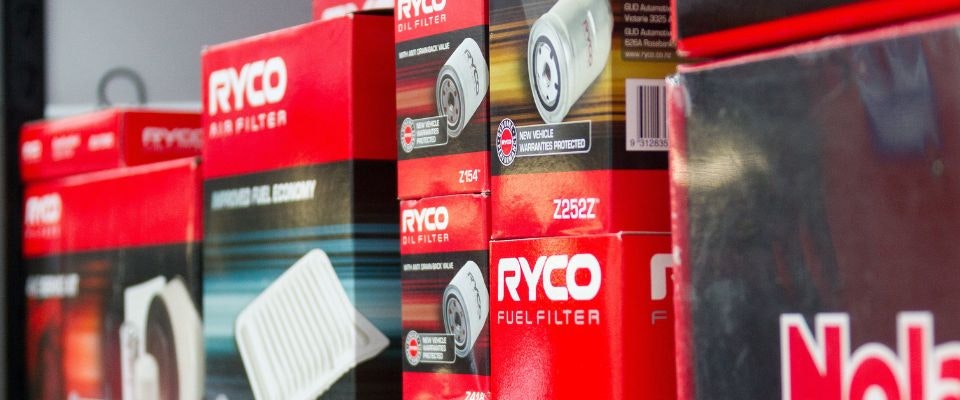
Quality car service in Loxton
As your local Mechanic in Loxton, we take great pride in offering our clients the very best in car servicing and automotive repairs.
Read moreMaintaining optimal performance and longevity for your vehicle goes beyond just regular oil changes and tyre rotations.

A crucial aspect often overlooked by car owners is the checking of vehicle fluids. Regularly monitoring and maintaining the various fluids in your car is essential to keep it running smoothly and prevent costly repairs.
Let's go over the essential fluids that every car owner should regularly check, ensuring the vehicle is parked securely and the engine is off before checking any fluids:
Engine oil lubricates the engine's moving parts, preventing excessive wear and friction.
To check the engine oil level, park your vehicle on level ground, wait for the engine to cool down, and locate the oil dipstick. Remove it, wipe it clean, reinsert it, and then remove it again to read the oil level.
A healthy level should fall within the designated marks on the dipstick. The oil should be clear, not too thick or thin, and free from any debris. Low oil levels or discolored, sludgy oil can indicate the need for an oil change or potential engine issues.
Coolant regulates the engine's temperature, preventing overheating.
To check the coolant level, again ensure that the engine is cool. Locate the coolant reservoir and visually inspect the fluid level, typically translucent with "max" and "min" markers. Some vehicles may require removing the radiator cap to check the coolant level, so refer to your owner's manual for specific instructions.
Ensure the coolant is between these marks, ideally reaching the "max" level. Additionally, inspect the color, which should resemble the manufacturer's specifications. If it appears muddy or discolored, consider a coolant flush. Don't forget to check for any leaks around the radiator or hoses.
Regular coolant maintenance includes flushing every 2-3 years by a professional and topping up whenever necessary. Protect your engine by prioritising this simple yet essential task.
Brake fluid is responsible for transferring the force from the brake pedal to the brakes, allowing for effective stopping power.
For checking the brake fluid level, consult your owner's manual to locate the brake fluid reservoir. Remove the cap and visually check the fluid level, ensuring it falls between the minimum and maximum markers.
While inspecting, look for contaminants like dark coloration or a milky appearance, which may indicate the need for a fluid flush.
Regular maintenance involves checking for leaks, replacing brake fluid every 2 years, and never mixing different types. Remember, brake fluid is vital for your safety, so ensure its proper level and quality to avoid potential hazards.
Power steering fluid enables easy steering by providing hydraulic assistance.
To check power steering fluid, find the power steering fluid reservoir (usually near the engine). Remove the cap and use a dipstick to measure the fluid level which should fall between the min and max markers.
Regular maintenance involves checking for leaks, replacing brake fluid every 2 years, and never mixing different types. Remember, brake fluid is vital for your safety, so ensure its proper level and quality to avoid potential hazards.
Routinely checking and maintaining power steering fluid guarantees smooth steering, prolongs system lifespan, and keeps you confidently in control on the roads.
Windscreen washer fluid keeps your windshield clean for optimal visibility while driving.
For checking windscreen washer fluid, locate the washer fluid reservoir, typically near the engine compartment. Ensure the fluid level is sufficient to clean your windscreen effectively.
If low, fill it up with a washer fluid blend that offers freeze protection in colder climates. Regularly clean the nozzles using a fine pin or needle to unclog any debris, guaranteeing optimal spray patterns.
Remember, maintaining your windscreen washer fluid will ensure clear visibility during all journeys, promoting safety and enhancing your driving experience.
Each of these fluids plays a vital role in ensuring the smooth functioning of different components in your vehicle. When checking each fluid, it's essential to take safety precautions, such as wearing gloves and safety glasses.
Regularly checking vehicle fluids is of utmost importance when it comes to maintaining a healthy and efficient car. Just as our bodies need proper care and attention, so do our vehicles. By making this a priority, you can save yourself from potential disaster and costly repairs down the road.
Early detection is key in preventing major damage. A small leak, if left unnoticed, can escalate into a major malfunction. Not only does regular fluid checks prevent this, but it also ensures that your vehicle performs optimally, providing you with better mileage and a smoother ride.
Prioritise maintenance and never hesitate to seek professional help from Schwarz Motor Repairs when needed – your vehicle will thank you!


As your local Mechanic in Loxton, we take great pride in offering our clients the very best in car servicing and automotive repairs.
Read more
Are you planning your next road trip with your trusty caravan in tow? If so, it's important to make sure that your home away from home is in tip-top shape before hitting the open road.
Read more
Keep your car running smoothly with clean filters. Discover the types, benefits, and expert services offered by Schwarz Motor Repairs in Loxton and surrounding areas.
Read more